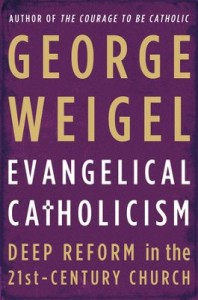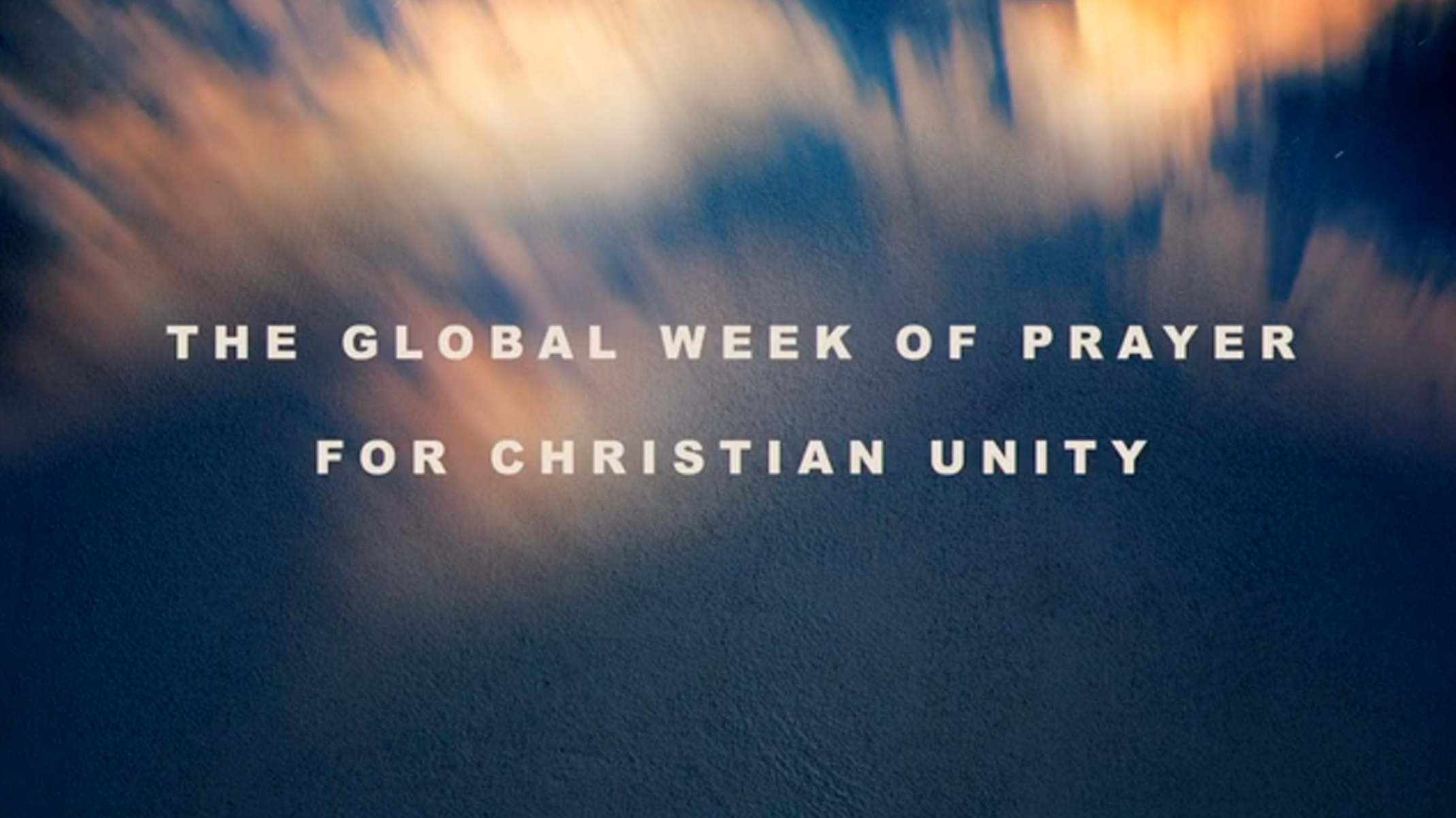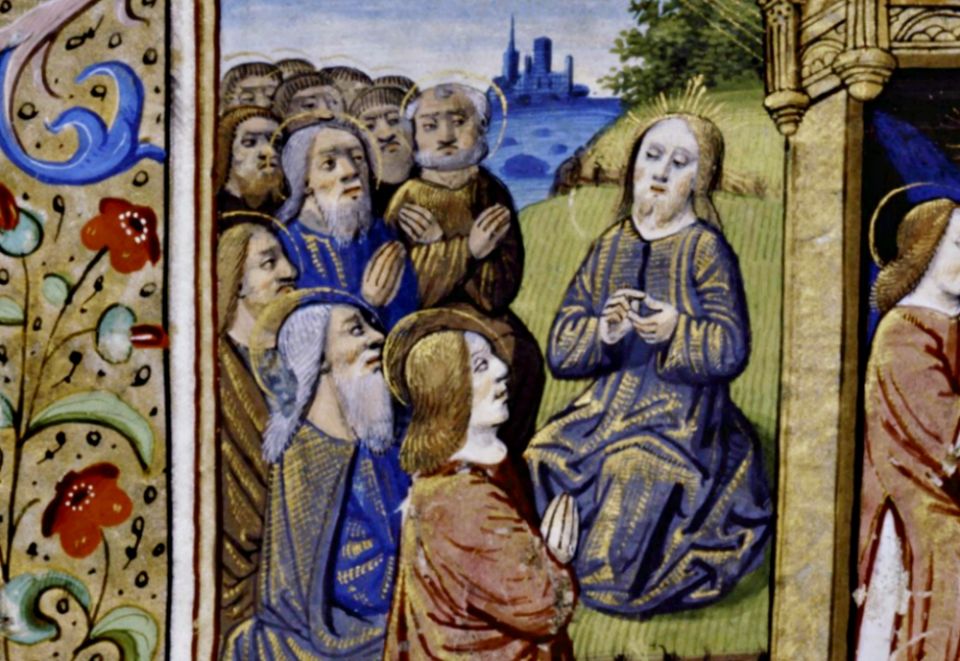 I have a deep personal commitment to being catholic before I am Protestant. I also have a deep commitment to being Protestant before I am evangelical. These commitments are very easily misunderstood. The common and popular tendency is to conflate these three terms, or at least the last two, and then to insist that agreement on every matter of faith is essential to any collaborative work for Christian unity.
I have a deep personal commitment to being catholic before I am Protestant. I also have a deep commitment to being Protestant before I am evangelical. These commitments are very easily misunderstood. The common and popular tendency is to conflate these three terms, or at least the last two, and then to insist that agreement on every matter of faith is essential to any collaborative work for Christian unity.
Furthermore, some evangelicals do not want to be called catholic in any sense of the term. This is especially true of those who are deeply conservative in their evangelical or fundamentalist expressions of the Christian faith. The reverse is true for some of my deeply conservative Catholic friends. They often oppose the word evangelical because it is not their word thus it “feels”to them to be very non-Catholic. A wonderful exception to this can be seen in how the devout Catholic writer George Weigel who has chosen to use the term evangelical as a very positive word in his recent book: Evangelical Catholicism: Deep Reform in the 21st-Century Church (New York: Basic Books, 2013).  I believe it is worth noting that George Weigel has been deeply involved in collaborating with evangelical Protestants for some years now. When it comes to such a positive use of the word “evangelical” then this is a helpful way of saying that Catholics are also committed to proclaiming the gospel and to making disciples who have explicit faith in Jesus not simply in the life of the church sacramentally. I have found that Christians who think too narrowly about these three terms, on either side of the aisle, will not listen to anything genuinely ecumenical until they adopt a process of thinking and believing that is very different from their present stance.
I believe it is worth noting that George Weigel has been deeply involved in collaborating with evangelical Protestants for some years now. When it comes to such a positive use of the word “evangelical” then this is a helpful way of saying that Catholics are also committed to proclaiming the gospel and to making disciples who have explicit faith in Jesus not simply in the life of the church sacramentally. I have found that Christians who think too narrowly about these three terms, on either side of the aisle, will not listen to anything genuinely ecumenical until they adopt a process of thinking and believing that is very different from their present stance.
While it is easy to misunderstand how labels can be abused and misused they can be helpful if they are carefully used. For this reason understanding how one uses these three terms/labels – catholic, protestant and evangelical – and what we mean by them, can genuinely help us clarify the ecumenical process. It can also explain how and why some truths are of a higher order than other truths. There are many ways to do this but a particular one that has helped me recently was an expression made by a friend who is a fine evangelical pastor. In his faith and ministry statement, submitted to his ordination council some years ago, he addressed this issue quite clearly. My friend stated that one of his core commitments is a “posture” that he has adopted toward truth and ministry. I like the way he wrote this statement about his posture. His clarity and brevity are both valuable. I share only one paragraph from his ordination statement as a way to better explain how my missional-eacumenism works and how I approach truth claims in their proper historical and theological context.
In my articulation of Christian teaching, I seek to be, first, catholic, then, Protestant, and, finally, evangelical. This posture both reflects and informs how I prioritize the importance of certain doctrines. So, for example, I would prioritize the church’s teaching on the Trinity or deity of Christ (catholic) over justification by faith (Protestant). And I would prioritize the church’s teaching on the authority of Scripture (Protestant) over, say, inerrancy, a particular way of conceiving of the nature of Scripture (evangelical). This is not to deny the importance of inerrancy, much less justification by faith. What it does suggest is that I view, for example, inerrancy as less vital to orthodoxy than justification by faith, which is itself less vital to orthodoxy than is the Trinity or deity of Christ. For one can certainly be an orthodox Christian yet not affirm either inerrancy or justification by faith; however, one ceases to be Christian if one denies either the Trinity or the deity of Christ. Therefore, what I take to be most important theologically is what has been most universally affirmed by the church, both globally and historically. Or, to put it differently, I want to avoid the temptation to prioritize truth in terms of evangelical identity rather than historic catholicity, and hence do not simply equate the question, “Is it biblical?” or “Is it Christian?” with the question, “Is it evangelical?”









I have often described myself as a Christian who is passionately pentecostal, vocationally evangelical, and a protesting catholic.
Dan Tomberlin
Dan, I talk about you to a charismatic leader this week who has begun to embrace a deeper and more sacramental view of the eucharist. I urged him to read your work.
I really liked this article and thank you for posting. As a member of the Roman Catholic church, I am first and foremost a believer in Jesus Christ and the full kerygma, with that responsibility I am involved in being an evangelist and a teacher in full embrace of didache and making disciples. That said, I trust God for the epiphaneia to open people’s hearts and eyes to the truths of the kerygma. That said, if there is any believer or group of believer’s that is NOT engaged in the preaching of the Good News and making of disciples, they need to look in the mirror. All evangelicals need to be catholic (not Catholic) and all Catholics need to be evangelical…..and we all need to be protestant and resisting the attacks against valid doctrine, as there is plenty of error to go around. I would like to be more engaged in what Jesus called me to do than a council in the middle ages or a person with a “ministry of correction” (always kills me to write that). Matt 28:16-20 16 Then the eleven disciples went to Galilee, to the mountain where Jesus had told them to go. 17 When they saw him, they worshiped him; but some doubted. 18 Then Jesus came to them and said, “All authority in heaven and on earth has been given to me. 19 Therefore go and make disciples of all nations, baptizing them in the name of the Father and of the Son and of the Holy Spirit, 20 and teaching them to obey everything I have commanded you. And surely I am with you always, to the very end of the age.”
Rick Landry, your catholicism is mine in a very real sense. We may not commune in the same “visible” church but we are, in St. Augustine’s words, in the church that is one. Bless you my friend.
back at you John. Love the ministry of Good News through you
Catholic before Protestant, Protestant before evangelical. That is very helpful. In my experience, though, the order is typically reversed. In an evangelical church, the quickest way to make people nervous about you is to raise a question about something like inerrancy. From a sociological standpoint, that makes sense. The issues that are most salient, that serve as boundary markers for who is in or out of a particular tribe or group, tend to be the ones that caused the most recent divisions.
I wish at least leaders, if not laity, would look at their belief systems, alliances, etc. in the light of wide-spread (and not particularly new) understandings like Joseph’s above. Also realize the Church arose in the midst of varying social circumstances and needs… much of the reason there never WAS anything close to doctrinal unity. It’s a later fiction.
Howard Pepper and Joseph L Schafer, you both rock. I think you nail it. I wish evangelicals would leave the tribe and join the church and then they could have some very helpful contributions to make about what their tribe understands and why.
There is much wisdom in Weigel’s book. I think my response would be titlled, “Evangelical Catholicism should elicit an Evangelical Evangelicalism.” My seminary teacher Alan Lewis used to say that the ecumenical question is not how far away from Rome is Geneva (Protestantism), but how far away from Christ are both Rome and Geneva? We will find increased unity comes not from measuring the distance between Roman Catholicism and Protestantism, but in closing the distance between ourselves and Jesus Christ.
Robb Redman, well said, thank you
Becky Walton liked this on Facebook.
Nathan R. Hale liked this on Facebook.
Dave Butts liked this on Facebook.
Joseph Hedden Jr liked this on Facebook.
Ray Prigodich liked this on Facebook.
Daniel E Arciaga liked this on Facebook.
Richard Roland liked this on Facebook.
Denise Murphy Plichta liked this on Facebook.
Joseph L Schafer liked this on Facebook.
Andrew Martin liked this on Facebook.
Verly Gestiada liked this on Facebook.
Jason Hoevelmann liked this on Facebook.
John, thank you for these thoughtful posts. I agree, it’s time for the Church to intentionally consider whether we really need to persist in this division. I know far too many Catholics who are faithful followers of Christ to question whether Catholics are Christians. But it’s important to carefully consider the history and theology involved in this, and I appreciate your willingness to engage in an informed, substantive way.
[…] John Armstrong, “ministerial-ecumenist,” has expressed such a position very clearly here. It is a common one nowadays amongst a certain sort of weary evangelical. Of course the problem […]